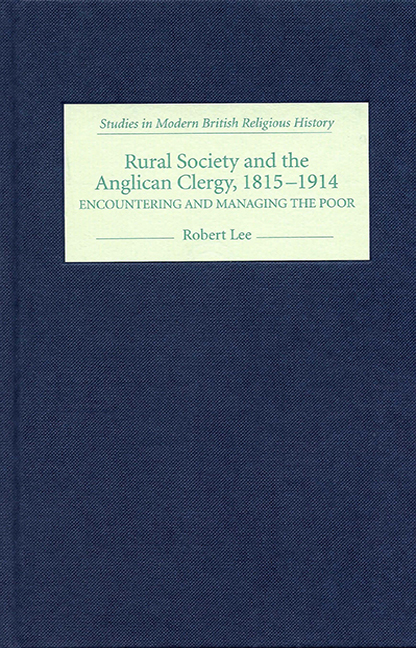Book contents
- Frontmatter
- Contenst
- List of illustrations
- Preface
- List of abbreviations
- Introduction
- Part I Encountering the Poor
- Part II Managing the Poor
- 4 Guardians and trustees: Managing moral and economic behaviour
- 5 Customs in conflict: Managing law and order
- 6 Liberalisation or indoctrination: Managing education
- 7 Networks of authority, influence and power: Managing dissidence
- Conclusion
- Bibliography
- Index
6 - Liberalisation or indoctrination: Managing education
from Part II - Managing the Poor
Published online by Cambridge University Press: 11 May 2017
- Frontmatter
- Contenst
- List of illustrations
- Preface
- List of abbreviations
- Introduction
- Part I Encountering the Poor
- Part II Managing the Poor
- 4 Guardians and trustees: Managing moral and economic behaviour
- 5 Customs in conflict: Managing law and order
- 6 Liberalisation or indoctrination: Managing education
- 7 Networks of authority, influence and power: Managing dissidence
- Conclusion
- Bibliography
- Index
Summary
Introduction
It seems counter-intuitive to challenge the vision and motives of the clergymen who managed education in the nineteenth-century countryside, but given a social climate where so many changes were working to the detriment of the poor, it might legitimately be asked whether education represented the single, shining example of uncomplicated altruism and benevolence. The alternative – that education was a measure of social discipline by which means the interests of the elite might be advanced and the poor might be taught to understand and accept the social function of their station – is the principal consideration of this chapter.
As counterweights to this notion, certain facts must not be allowed to slip from view. Firstly, as one parliamentary investigation acknowledged in 1867, ‘the clergy are the only class at present really working in the cause of education’. Secondly, before 1870 clergymen often funded parish education from their own pockets. This was certainly the experience of Charles Dashwood at Billingford, for instance, who spent £65 on converting part of his Rectory into a schoolroom, and of the Rev. R. Bacon at Fring who provided instruction ‘solely at my expense which I can ill afford out of a perpetual curacy of £60 p.a.’ Thirdly, clergymen were often opposed in their endeavours by local employers and by parents. If a case is to be argued that education was doctrinal and conservative, it has to be balanced by a consideration of whether it was more, less or just ‘differently’ conservative from the alternative: the non-education of poor children because their labour was needed in the fields.
The evidence indicates a general decline in clerical influence over education, post-1870. Clergymen were still prominent in whatever education was provided, but there was also much more lay involvement. Ten years after the passage of Forster's Elementary Education Act, the surviving minutes of 87 school management boards show that, of 330 school managers who gathered for the first meeting of 1880, 60 were clergymen. At a meeting of the Depwade Poor Law Union guardians on 3 June 1878, 120 school attendance committee members were appointed, 24 of these were clergymen. Clergymen now represented perhaps one in five of all administrators and managers.
This trend may have been expected to continue after the 1902 Education Act when the constitution of school management committees became more closely defined.
- Type
- Chapter
- Information
- Rural Society and the Anglican Clergy, 1815–1914Encountering and Managing the Poor, pp. 131 - 156Publisher: Boydell & BrewerPrint publication year: 2006



